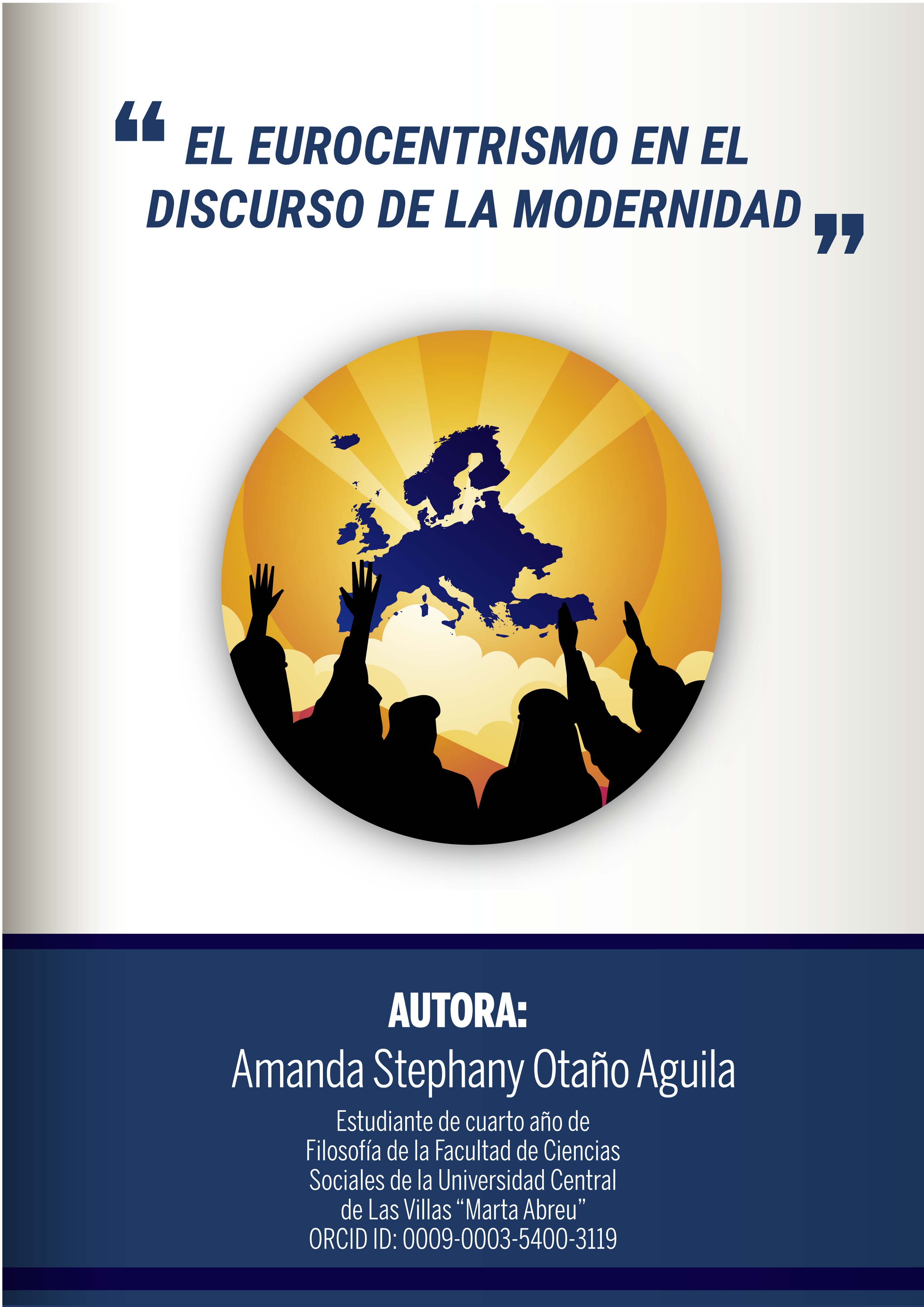The Eurocentrism in the discourse of modernity
Keywords:
eurocentrism, modernity, modern philosophers, discourse.Abstract
Eurocentrism in the discourse of modern philosophers such as Hegel, Kant, Marx and Engels reveals a complex hierarchy of thought that cannot be simplified into a single category. Kant, in his work, establishes a racial hierarchy that positions non-European races in a state of inferiority, arguing that their development is a process that must follow the European model. Hegel shares this perspective, despising Amerindians as an inferior race and justifying European superiority over other peoples, considering them in a state of cultural “minority of age”. On the other hand, Marx presents an evolution in his Eurocentric thinking. Initially influenced by his social context; but later on his relationship with Hegel leads him to a deeper critique of history and economics, although his approach remains rooted in a Eurocentric view of progress. Engels, like Hegel, argues that non-European cultures must attain European development in order to emerge from their supposed inferiority.
Downloads
References
Referencias, Bibliografía y Notas disponibles en los documentos para la descarga del artículo.

Downloads
Published
How to Cite
Issue
Section
License
Copyright (c) 2024 Revista Científica Universitaria Ad Hoc

This work is licensed under a Creative Commons Attribution-NonCommercial 4.0 International License.











